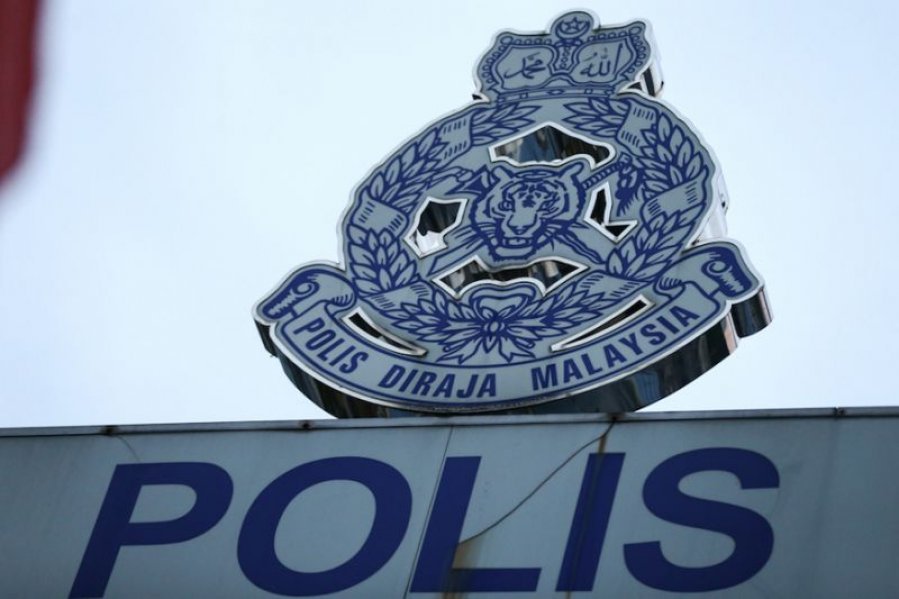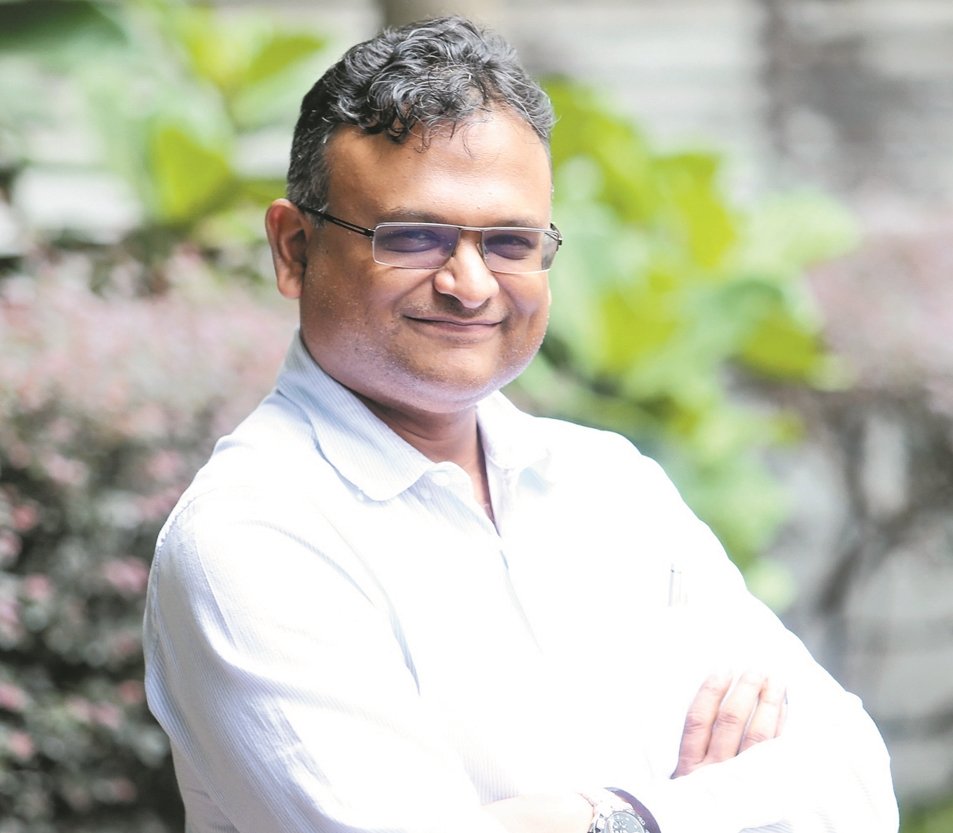《国家反贪大蓝图》(NACP)是要打造马来西亚在2030年时,成为最廉洁的10个国家之一,而其中一项关键举措在于警务改革。长久以来,我国警队在公众认知里并没有很好的印象。基于警队的滥权,也影响了我国作为一个严打贪污和对付滥权的国家声誉。
警队高官与黑社会的关系、警员的生活方式超出他们收入能力、猖獗的腐败、拘留所死亡事件和警方枪击嫌犯包括一些无辜者案件,更加强了民众要求管制警队的呼声。
这使当年首相拿督斯里(现在的敦)阿都位成立了皇家调查委员会,后者建议设立“独立警察投诉和行为不检委员会”(IPCMC)。
IPCMC法案于2005年起草,正如预期般,遭到警察高层的反对。武吉安曼(警察总部)认为,因一小部分人败坏,而对付整个队伍,是不公平的;而当其他执法机构也需被监控时,为何选择警队?
确实,民众也对一些执法机构没有好感。其中受关注的就有陆路交通局、移民局、贸消部的执法组和伊斯兰事务部。但有人可能会说,与其他机构相比,警察在执法上拥有更大权力,以及使用致命武器的权力,而他们与公众的互动远比其他机构更全面。
我记得阿都拉在任接受采访时曾透露,要落实IPCMC,其面对著许多阻力。
最终的妥协方案,是设立执法机构廉正委员会(EAIC),并在2009年立法诞生,其调查权力,包含所有执法机构。然而,没有起诉和执法的权力,EAIC沦为另一个“顾问委员会”,一些批评者就指,EAIC是无牙老虎。
例如,在一些涉及警队案件中,警察甚至没有出席听证会。不过,EAIC确实也成了一个有影响力的机构,其可要求并获准进入拘留中心或监狱调查。
随著时间的推移,武吉安曼和其他机构也欢迎这种相互的制衡,以帮助提高他们的形象,并且清除内部的坏苹果。
警队内部阻力
众所周知,警队的保守和防卫心态。因此,人们如今关注执法机构,特别是警方会如何反应,EAIC将在反贪大蓝图下,进行重整,并以原本的IPCMC方式出现,特别是如果IPCMC拥有权力来惩罚违规警察。
随著1月29日首相敦马哈迪推介反贪大蓝图后,设立IPCMC的倡议,遭到警队内部的阻力。这些动作,包括对推动反贪大蓝图的国家施政、廉正及反贪中心(GIACC)高级官员的人身攻击及匿名诽谤信。
但一些乐观地认为,这阻力并不完全反映警队的立场,因为只有腐败的警员才会反对有助于提升部队形象和公众信心的措施。
全国副警察总长丹斯里诺拉昔是其中一位期待落实IPCMC的人,他说,IPCMC成立不仅有助于提高警队的诚信,还有助于加强警队能力。
这是为何IPCMC能否成功,将高度依赖没有负面形象警队高官,而且愿意与现政府合作履行其选举承诺─设立一个有实权监督警察的机构。
在“新马来西亚”,就如前首相所强打的“Bossku”般,人民才是老阁。如果再次出现强大阻力,也许政府必须采取强硬措施来应对。在香港,当年警方拒绝成立廉政公署和监察专员时,政府采取了严厉措施,解雇一半以上的警员,包括那些涉嫌违法的高层人员。
可以肯定的是,我国不需要采取如此激烈的措施,因为警队中的好警员是完全认同IPCMC这一崇高举措,从长远来看将有利于警队。
《IPCMC是迈向新大马的步伐》原文(IPCMC one way forward for new Malaysia):
ONE of the key initiatives of the National Anti-Corruption Plan (NACP) which aims to make Malaysia one of the 10 cleanest nations by 2030 (in terms of being free of corruption) is police reform.
For far too long our men in blue have been on the wrong side of public perception, ranking lowly in opinion polls. This also impacted the overall reputation of the country as a nation that is tough on graft and abuse of power, with the police deemed as a law onto themselves.
Exposes on the relationship of senior ranked police officers with the underworld; policemen living a life that is far beyond their means; rampant corruption as well as custodial deaths and questionable shooting deaths which included innocent bystanders as victims had bolstered the call from the public to control the force.
This led to the administration of then prime minister Datuk Seri (now Tun) Abdullah Ahmad Badawi setting up a Royal Commission of Inquiry which in turn recommended the Independent Police Complaints and Misconduct Commission (IPCMC).
The original bill for the IPCMC was drafted in 2005 and as expected, received much opposition from the police top brass.
They were, understandably upset. It was difficult enough keeping our streets safe, without having civilians in the IPCMC breathing down their necks.
There were also questions posed by Bukit Aman (the Royal Malaysian Police – PDRM – Headquarters): it is unfair to fault an entire force for the shenanigans of a few bad apples; and why pick on just the police when other enforcement agencies also needed monitoring?
It is true that there were less than complimentary perceptions on other enforcement agencies. Among the more notable ones were the Road Transport Department, the Immigration Department, the Domestic Trade and Consumer Affairs Ministry enforcement division and the Islamic Affairs Department.
But one could argue that only the police have far superior powers in terms of enforcement, as well as the right to use deadly force compared to the other agencies, while their interaction with the public is far more comprehensive and personal than the other agencies.
“There was so much headache in implementing the IPCMC. See how much opposition I had received?” I remember Abdullah revealing in an interview when he was still prime minister.
Nevertheless, a compromise was reached and the Enforcement Agency Integrity Commission (EAIC) was born in through the EAIC Act of 2009 and it encompasses all enforcement agencies.
Nevertheless, without powers to prosecute and enforce, the EAIC became another “advisory board” which according to its critics, was toothless.
There were instances when police officers did not even show up for hearings. Having said that, the EAIC did grow into an influential body, demanding and being granted access to prisoners and detention centres.
Over time, the brass in Bukit Aman and other agencies welcomed this check and balance to help enhance their image; and also weed out the bad apples from within these agencies.
However, one wonders how they, particularly the police would react now that under the NACP, the EAIC will be rebranded into the form it was originally intended as – the IPCMC
Especially if the IPCM will have broad powers to penalize errant cops, as we know how protective and insular the police force can be.
Following the launch of the NACP by Prime Minister Tun Dr. Mahathir Mohamad on Jan 29, where the setting up of the IPCMC was among the key reforms initiated, there have been quiet resistance from within the force.
This include poison pen letters and personal attacks against senior members of the National Governance, Integrity and Anti-Corruption Centre (GIACC) which is the driving force of the NACP.
But one is optimistic that the resistance does not reflect the force in its entirety as only the rotten apples will have any opposition to something that will help enhance the image of the force and public confidence in our policemen and women. This in turn will bring the public and the police closer in making our streets and neighborhoods safer.
Deputy Inspector-General of Police Tan Sri Noor Rashid Ibrahim is one who is looking forward to the IPCMC, saying that its formation will not only help improve integrity but also competency among the ranks.
Which is why the success of the IPCMC is highly reliant on a police leadership that in turn is free of negative perception and one that is cooperative with the present government which seems intent on fulfilling at least most of its election promises – the setting up of a police oversight body with teeth being one of them.
Everyone must be answerable to someone. And in this “New Malaysia” the #Bossku, as eloquently proclaimed by our immediate-past prime minister is the rakyat themselves.
If there is again tough resistance, perhaps tough measures must be taken to counter this. In Hong Kong, severe measures were taken when the police resisted the setting up of the Independent Commission Against Corruption and an ombudsman. The Government resorted to sacking half the force comprising its top brass who were involved or allegedly involved in behavior and dealings unbecoming of a senior police officer.
One is certain that such drastic measures will not be needed here as the good folks in the PDRM is fully on board this noble initiative of the IPCMC that will benefit the force in the long run.





